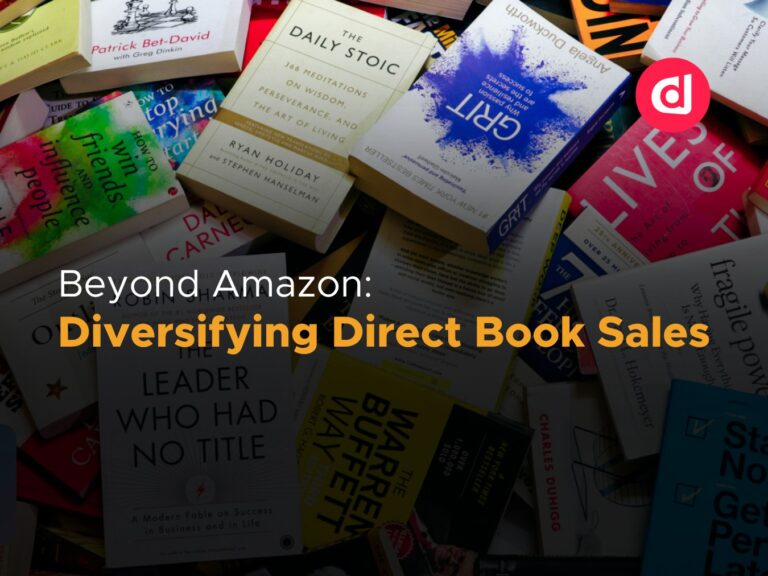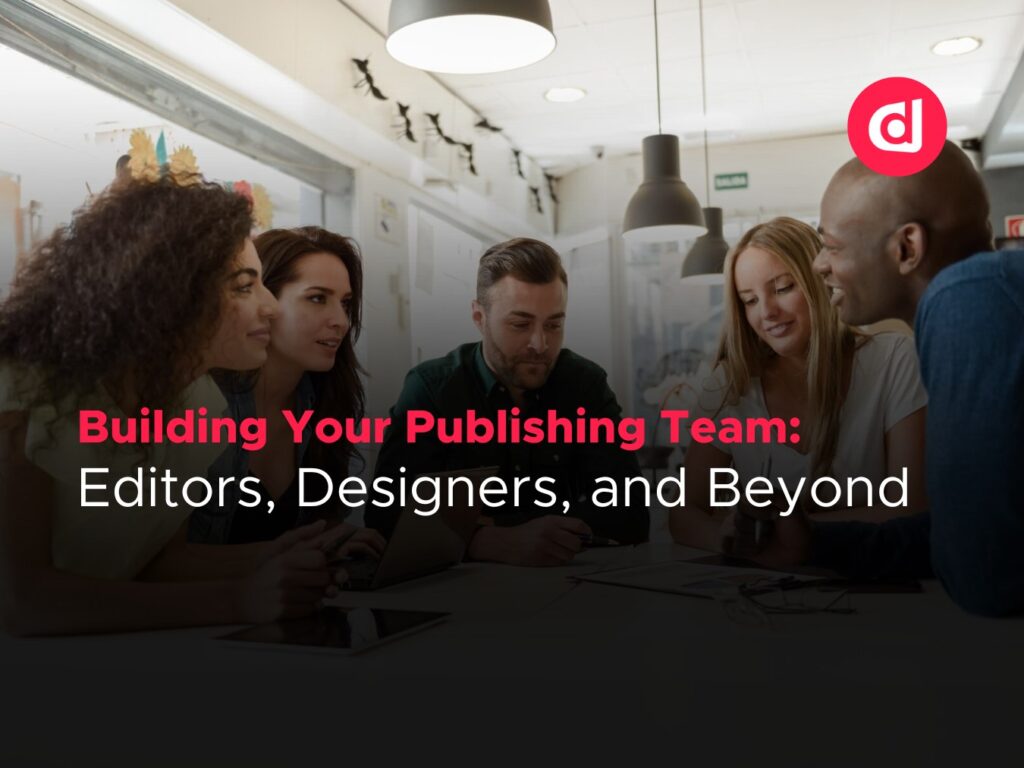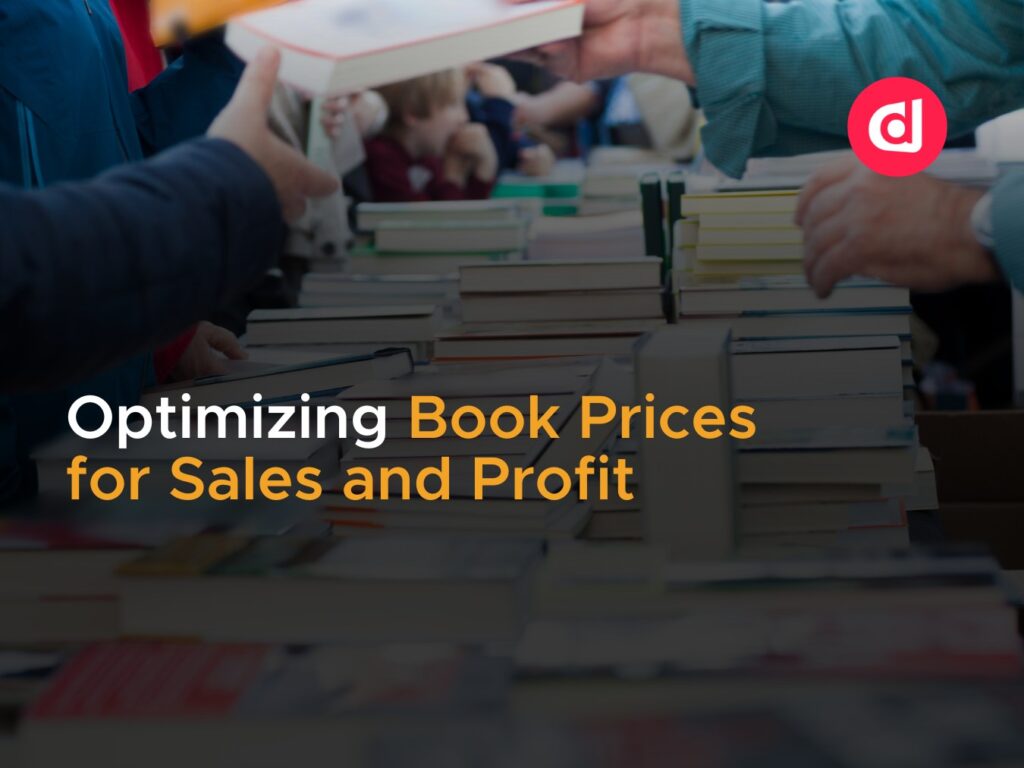Book publishing can be a long process, and sometimes, it’s easier for the author to get some help with it. One of the publishing models that has been on the rise in recent years is hybrid publishing. In this piece, we will look at what a hybrid publisher does and why the practice has proven somewhat controversial.
Know Your Publishing Models
There are a lot of ways to publish a book, all of which fall under three publishing models. These are:
- Traditional publishing
- Self-publishing
- Hybrid publishing
In this article, we are mainly going to look at the third of these, but let’s quickly go through what each book publishing method involves.
Traditional Publishing
This is the way things have usually been done in the world of book publishing. An author writes a book and goes to different publishers to try and get it published. It is very competitive and difficult for new authors to break in. In traditional publishing, the publisher does all the work, like editing, printing, designing, and promoting the book. At the same time, the publisher gets to make many creative decisions. The author is given an advance and gets some royalties from the sales. It can be helpful for an author to be with a publishing company so that they have a means of promoting the book and have already made connections through the company. Plus, it is cheaper than self-publishing and hybrid publishing because the publisher pays for everything. Getting a deal with a traditional publisher is tricky and requires a good pitch.
Self-Publishing
When it comes to book publishing, self-publishing used to be seen as a last resort. However, it is now a popular publishing model and an attractive option for new authors. In self-publishing, the author funds the publication of the book. Usually, the author will pair up with a self-publishing service to help them. Self-publishing is less competitive than traditional publishing and is good for the author as they retain all the rights to the books and get to make all the creative decisions.
Hybrid Publishing
As the title suggests, hybrid publishing is a hybrid between self-publishing and traditional publishing. This is also known as Partner Publishing.

Hybrid Publishing Trends
The term hybrid publishing itself is new, but the concept has been around for a long time. Looking at hybrid publishing trends, we can see it is becoming more commonly used as a middle ground between self-publishing and traditional publishing.
Partner publishing involves an author signing a contract with a publisher and sharing the costs of production. It is different from assisted self-publishing. If an author is self-publishing through a service, then they will retain all the rights to the book and make all the creative decisions. However, with a hybrid publisher, the publisher gets some rights and makes some decisions, but not as much as a traditional publisher would.
Hybrid publishing is not regulated and has proven to be controversial as it has become more popular. Due to its unregulated nature, there is no guarantee that a hybrid publisher will meet industry standards or give an author a fair deal.
Hybrid Publishing for the Publisher
Publishers that use the hybrid model are at less risk of losing out than traditional publishers. Publishers that use hybrid books don’t have to invest as much capital in their creation, which means they won’t lose as much if the book doesn’t sell.
Benefits of Hybrid Publishing for Publishers
- Less risk
- Don’t have to pay an advance
- Gain some creative control
Drawbacks of Hybrid Publishing for Publishers
- More royalties to the author
- Hybrid publishing has an uncertain reputation, with a lot of people not trusting it
Hybrid Publishing for the Author
Hybrid publishing can make authors wary, as it means they have to spend more money before they make any. It’s easier to get a deal with a partner publisher than a traditional one, but at the same time, there is more risk. When signing up with a hybrid publisher, it is important that the author reads the contract thoroughly and understands what they are getting into.
Benefits of Hybrid Publishing for Authors
- Less competitive than traditional publishing
- More royalties for the book-selling
- Get to have more creative control than they would with traditional publishing
- Can avail of the publishers’ editing and distribution services
- Less decisions to make
Drawbacks of Hybrid Publishing for Authors
- Have to give up a level of creative control
- No guarantee for a return on the money they put in
- Hybrid publishing is unregulated so there is a chance the author could be ripped off
- More expensive than traditional publishing
- Will not get an advance on the book
What a Good Partner Publishing Deal Involves
When done fairly and professionally, hybrid publishing can be successful for both the author and the publisher, with both parties reaping the rewards. However, as we’ve mentioned, this type of publishing is not currently regulated, which can lead to scams. So how do you know if you’ve got a good deal?
While there aren’t any formal legal restrictions, various literary organizations have established guidelines for what constitutes a good hybrid publishing deal. The Independent Book Publishers Association (IBPA) has its own criteria for the best practices of hybrid publishers, and in Britain last year, there were calls from the Writers Guild of Great Britain and the Society of Authors (both of which are trade unions for authors) calling for reform and regulation of how partner publishing operates in Britain and the UK.
One of the main issues the three bodies mentioned above have brought up is clarity. The business model being used by hybrid publishers, and the conditions of their agreement with authors should be laid out clearly, and there should be no question about what the author’s rights are. The publishing company should be fully transparent about the clearly defined vision for the book and what will go into publishing it.

One big thing the IBPA lays out in its criteria is that the publisher should publish everything to industry standards. There is a danger in the unregulated world of hybrid publishers that publishing companies could take the agreed-upon amount of money from the author but not spend the agreed-upon amount on what goes into publishing the book. They could cut corners in promoting the book and use poor-quality materials for print books. On top of this, they could have a lackluster distribution service. A key responsibility of the publisher in the hybrid model is that they will have good ways of distributing the book and be able to help an author get their work out there.
The publisher should also be able to ensure they have high standards in every way. This needs to be the case with regards to both the work they accept and how they do their job. When choosing the books they will help publish, the publisher should not just accept anything. Just like a traditional publisher, they should only accept books that they feel are in keeping with their values and that will sell. When it comes from the publisher’s own work, the editing services and designing of the book have to be done to a high standard.
And in terms of the all-important financial side of things, the author should be getting a good level of royalty that compensates for the work they have put in during the publishing phase. Typically, in this kind of publishing, the royalty is higher than it would be in traditional publishing because the author has done most of the publishing work.
What authors should really look to avoid in hybrid publishing deals is a situation where they themselves are risking the most, yet most of the profits go to the publisher. Partner publishing, when done right, should involve the author getting well compensated for their book.
5 Things to Clarify Before Signing a Hybrid Publishing Contract
- Do some research on the publisher you will be partnering with. Do they have a good reputation? Is their standard of work consistently high?
- What costs will you be covering for the publishing? Are you paying for just some things or everything, and is it in your budget?
- Are there further financial commitments? For example, will you have to buy a number of books to ensure the publisher makes a certain amount?
- Are you getting more royalties than you would if you went with a traditional publisher? Because you should be compensated for your extra work.
- What rights are the publisher asking for?
Remember, always read the contract carefully when you are working with a publisher.
What to Do Before Choosing Your Publishing Model
So we know there are three overarching publishing models that cover everything, and each one has its pros and cons. Regardless of which model you go with, there is a lot of work involved in book publishing, and whether it’s the author, a self-publishing service, or a publisher, somebody has to do it! Before you decide which route you want to take, it’s important to take into account certain factors. Ask yourself:
- What is my budget?
- How much time do I have?
- How much creative control do I need?
- Do I have a reputation or connections?
These 4 factors will go a long way towards determining whether you go with self-publishing, hybrid publishing, or stick with traditional publishing.
For example, if you are completely new to book publishing, it is very difficult to get in with a traditional publisher, as they have no proof that your book is going to sell. As well as this, you won’t have the same level of creative control you would have if you were self-publishing. If money is no object, you could pay for a good self-publishing service yourself or sign up with a hybrid publisher that will allow you creative control (because they will have distribution resources). But if you are willing to give up a certain amount of creative control and are not in a rush to publish, you could take your work to various publishers and hope that somebody takes a chance on you.
Really, there is no wrong model, but there are wrong ways of going about publishing. The important thing to remember is that no respectable publisher, whether they are traditional or hybrid, will ask to retain all the rights to a book. If that happens, then it is just a scam.

Other Considerations for Book Publishing
- What format will you use? Are you going to go with a traditional print book? Or will you do something digital, like an eBook or an audiobook? Digital publishing has seen a rise in recent years as eBooks have become more popular due to how convenient they are, with most people having a device they can read them on. However, research has shown print books remain popular.
- How will you market your book? Will you need someone to help you market? Social media is the obvious choice, and really, social media is a great way of promoting yourself as an author and your work. On top of this, publishers and self-publishing services can provide press releases, which can help you engage with local media and promote your book.
- Who is the target audience of the book? This is an important question to ask when it comes to how you are going to design the book and promote it.
- Do you have a design in mind for your book, or are you happy for someone else to come up with something? Either way, make sure you get a highly skilled professional to do the illustration and design, like we have at TUW.
- Where are you going to sell your book? Make sure you meet the criteria for whatever outlet you are using (places like Amazon have their own criteria for books).
Final Thoughts
When done well, hybrid publishing is effective, but it can be risky. All publishing models have their pros and cons, and when it comes to book publishing, the best choice depends on the circumstances of the author.















